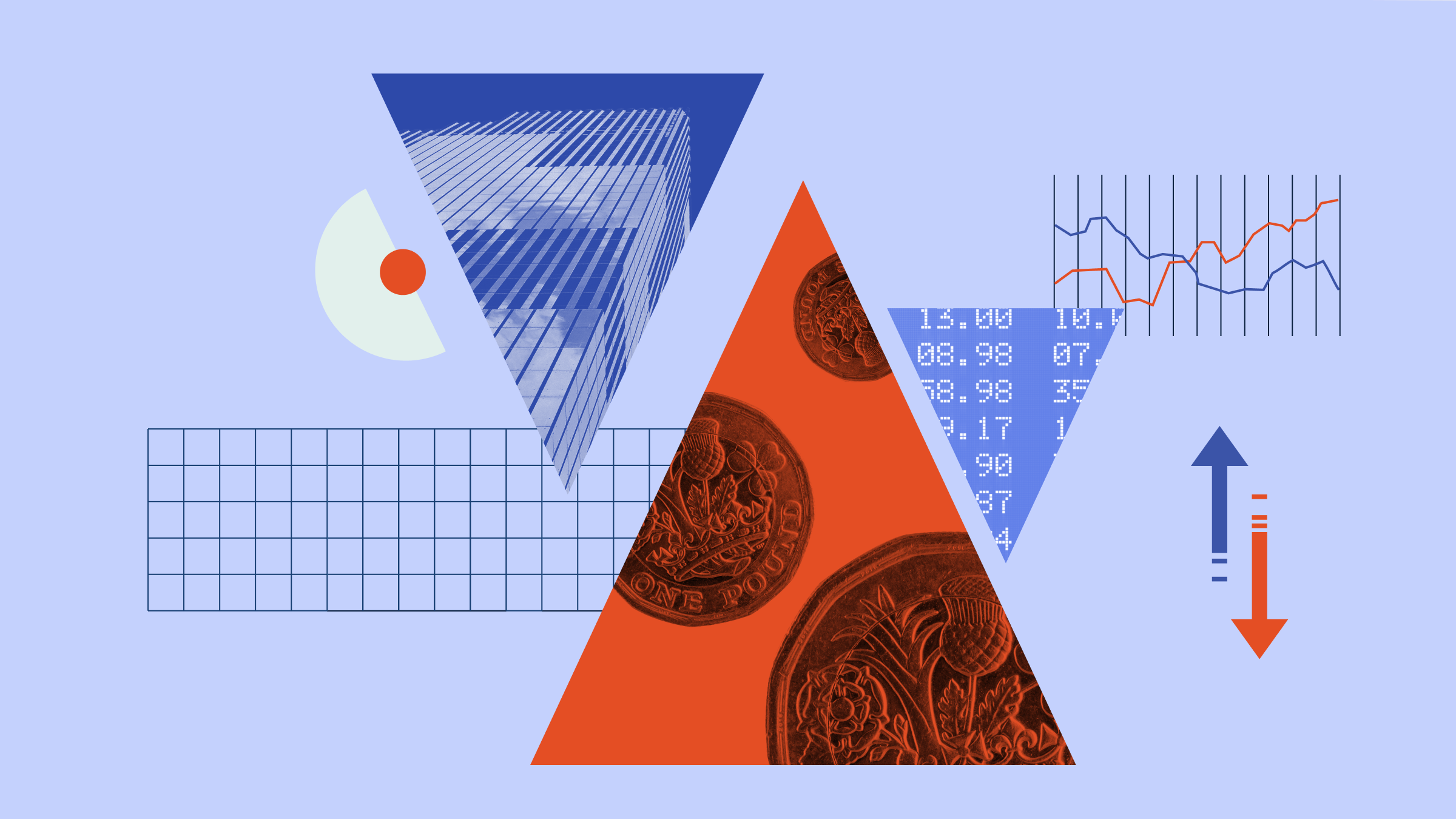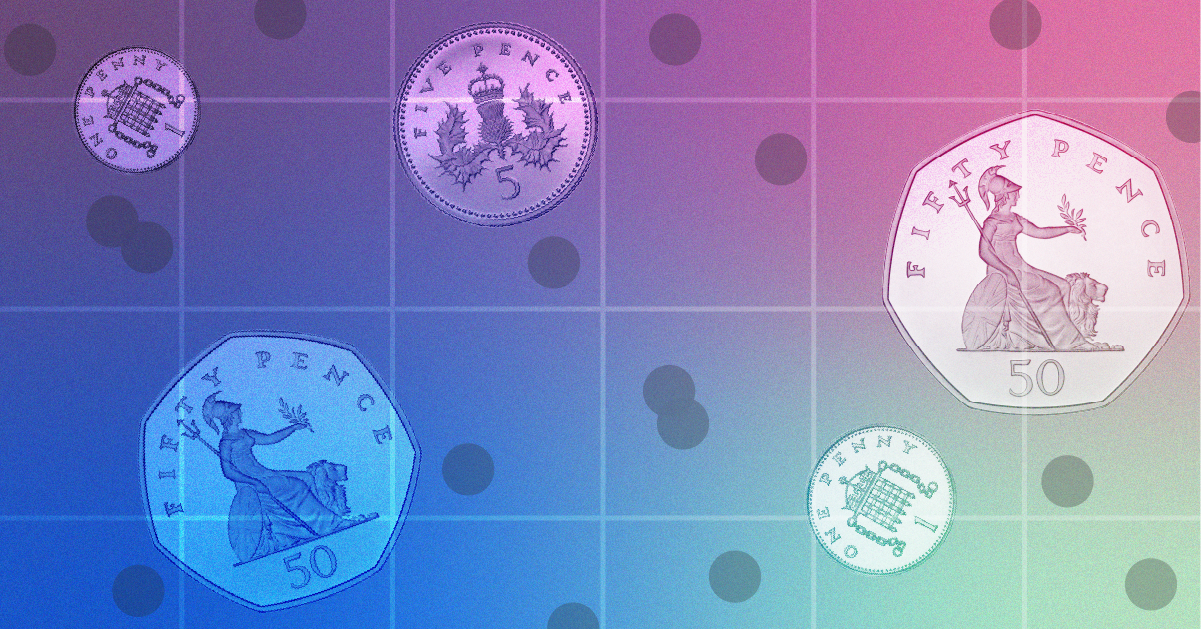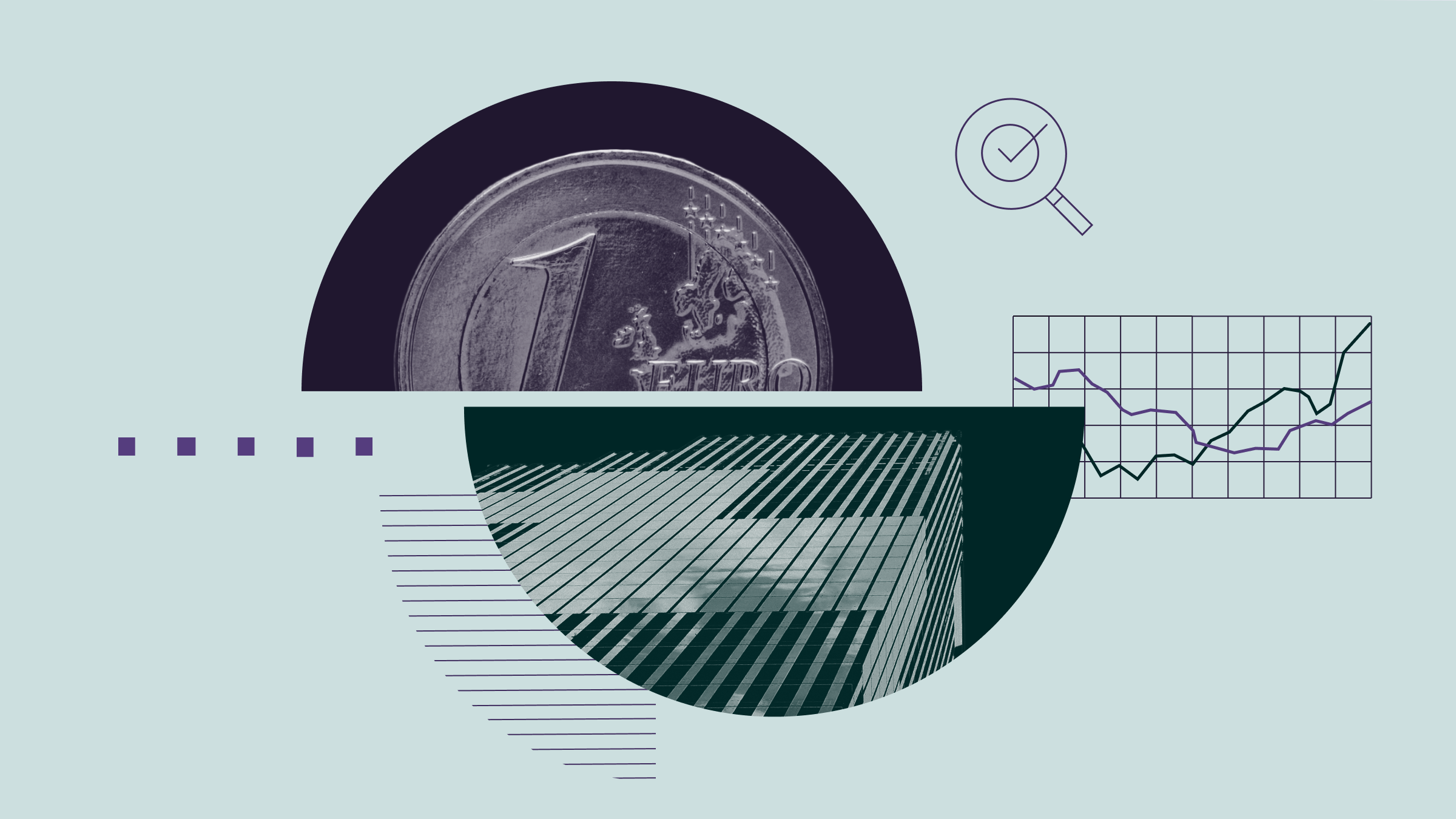
Buying the funds everyone else is selling can be a winning strategy.
Fund inflows tend to first bring more inflows, while outflows produce more redemptions, resulting in a self-reinforcing trend. Eventually though, popular titles become too expensive and unpopular titles too cheap, and the process reverses. Therefore, the combination of strong inflows and high past returns can be a good indicator of a stock’s overvaluation.
And it is precisely by capturing this dynamic that the “Buy the Unloved” strategy comes into play.
Why You Should Buy Unloved Funds
For more than 30 years, Morningstar has published its Buy the Unloved study, which looks at the Morningstar Categories that suffered the most outflows in the previous year, or the ‘unloved,’ while avoiding the groups that received the highest inflows- the ‘loved.’ The approach points investors to cheap or out-of-favor parts of the market that may be due for a rebound, using fund flows as a guide.
This involves investing equal sums in one fund from each of the three long-only equity Morningstar Categories with the largest calendar-year outflows, while avoiding those with the heaviest inflows. After three years, the stakes are sold and the proceeds invested evenly in that year’s unloved categories. Like every other contrarian strategy, this is best suited for the periphery of average investors’ portfolio.
The results have been quite impressive: $10,000 invested on 1 January 1994 in the unloved portfolio would have become $282,771 on November 30, 2024. The same amount invested in the loved portfolio, on the other hand, would have been worth only $66,321 at the end of the period, less than the $104,483 that the same investment in an international large-cap blend equity fund would have returned (in this case the result corresponds to the category average).
US equities posted another year of strong returns in 2024, while bonds and international stocks had more modest gains. Fund investors poured money into global and US large-cap blend equity funds, mostly through passively managed funds; at the same time, they have withdrawn large redemptions from ecology equity funds, as well as from strategies exposed to global growth stocks, Asia ex-Japan or UK income equity. That’s useful information for those willing to go against the grain.
Now, to be fair, unloved funds can be unloved for a reason: A period of underperformance, an unfavorable investment strategy, or industry challenges, can all give you legitimate grounds for caution. Still, taking a counter-current approach to fund selection can also produce great results.
Unloved Quality Funds in Europe
In looking to apply this to the European funds market, we listed above the 10 most unloved Morningstar equity categories in Europe in 2024.
Rather than just looking at flows, we wanted to factor valuation into this study. To measure valuation for each category, we took the Morningstar index for each category and calculated the market-weighted price/fair value of its constituents, using Morningstar analysts’ estimates when available and a quantitative process in the other cases.
European investors’ most unloved equity categories included global and European large-cap growth stocks, thematic strategies exposed to ecology and alternative energy, as well as Asia ex-Japan equity and UK equity.
Despite this, a few funds stand to prove their qualities if markets are favorable to their categories. Here are some funds in unloved areas, which hold a positive Morningstar Medalist Rating.
Sector Equity Ecology Funds
JPM Climate Change Solutions UCITS ETF
• Morningstar Medalist Rating: Silver
• Morningstar Star Rating: N/A (less than 3 years of historical performance)
• Expense Ratio: 0.55%
The actively managed JPMorgan ETFs (Ireland) ICAV - Climate Change Solutions UCITS ETF gained 17.27% over the past year, outperforming the average fund in the equity ecology category, which rose 10.13%. The fund placed in the 18th percentile for performance and lagged its benchmark, the Morningstar Global Target Market Exposure Index, by 5.96 percentage points.
Robeco Biodiversity Equities I EUR Cap
• Morningstar Medalist Rating: Silver
• Morningstar Star Rating: N/A (less than 3 years of historical performance)
• Expense Ratio: 0.98%
Over the past year, the actively managed Robeco Biodiversity Equities rose 16.43%, while the average equity ecology fund gained 10.13%. The fund placed in the 23rd percentile for performance and lagged its benchmark, the Morningstar Global Target Market Exposure Index, by 6.8 percentage points.
Global Large-Cap Growth Equity Funds
GQG Partners Global Equity Fund A USD
• Morningstar Medalist Rating: Gold
• Morningstar Star Rating: ★★★★★
• Expense Ratio: 1.34%
The £3.2 billion GQG Partners Global Equity Fund rose 21.01% over the past year. The gain on the actively managed fund beat the 19.38% gain on the average fund in the global large-cap growth equity category, leaving it in the 37th percentile for performance. The fund lagged its benchmark, the Morningstar Global Growth Target Market Exposure Index, by 5.72 percentage points.
T. Rowe Price Global Focused Growth Equity Fund C GBP
• Morningstar Medalist Rating: Gold
• Morningstar Star Rating: ★★★★
• Expense Ratio: 1.34%
The actively managed T. Rowe Price Funds OEIC Global Focused Growth Equity Fund gained 24.83% over the past year, outperforming the average fund in the global large-cap growth equity category, which rose 19.38%. The fund placed in the 20th percentile for performance and lagged its benchmark, the Morningstar Global Growth Target Market Exposure Index, by 1.9 percentage points.
Asia ex-Japan Equity Funds
Schroder ISF Asian Opportunities S Acc EUR
• Morningstar Medalist Rating: Gold
• Morningstar Star Rating: ★★★★
• Expense Ratio: 0.68%
The £4.1 billion Schroder International Selection Fund Asian Opportunities rose 17.51% over the past year. The gain on the actively managed fund was roughly in line with the 18.26% gain on the average fund in the Asia ex-Japan equity category, leaving it in the 57th percentile for performance. The fund lagged its benchmark, the Morningstar Asia ex-Japan Target Market Exposure Index, by 2.01 percentage points.
BlackRock Advantage Asia ex Japan Equity Fund D USD Acc
• Morningstar Medalist Rating: Silver
• Morningstar Star Rating: ★★★★★
• Expense Ratio: 0.45%
Over the past year, the actively managed BlackRock Funds I ICAV - BlackRock Advantage Asia ex Japan Equity Fund rose 25.07%, while the average Asia ex-Japan equity fund gained 18.26%. The fund placed in the seventh percentile for performance and beat its benchmark, the Morningstar Asia ex-Japan Target Market Exposure Index, by 5.55 percentage points.
Sector Equity Alternative Energy Funds
Guinness Sustainable Energy C EUR Acc
• Morningstar Medalist Rating: Gold
• Morningstar Star Rating: N/A (less than 3 years of historical performance)
• Expense Ratio: 1.85%
The actively managed Guinness Asset Management Funds PLC - Sustainable Energy lost 1.83% over the past year, falling further than the average fund in the equity alternative energy category, which fell 1.4%. The fund placed in the 54th percentile for performance and lagged its benchmark, the Morningstar Global Markets Renewable Energy Index, by 9.21 percentage points.
Polar Capital Smart Energy Fund R Acc
• Morningstar Medalist Rating: Silver
• Morningstar Star Rating: ★★★★★
• Expense Ratio: 1.63%
Over the past year, the actively managed Polar Capital Funds PLC - Smart Energy Fund rose 17.42%, while the average equity alternative energy fund lost 1.4%. The fund placed in the eighth percentile for performance and beat its benchmark, the Morningstar Global Markets Renewable Energy Index, by 10.04 percentage points.
The author or authors do not own shares in any securities mentioned in this article. Find out about Morningstar's editorial policies.
























